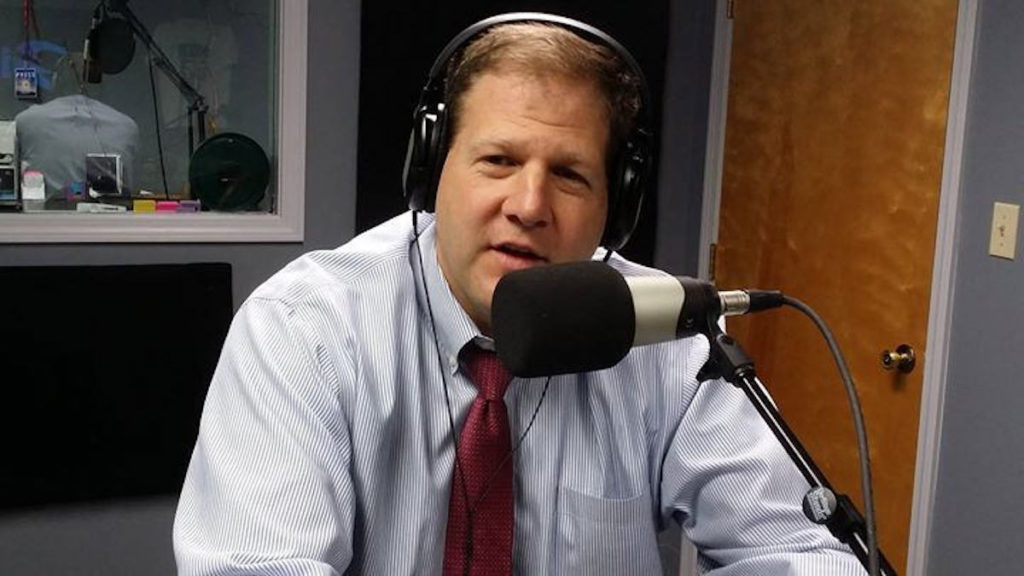Beginning August 1, New Hampshire Eversource customers should expect to see a steep increase in their energy bills. The company announced in June that its default service rate will more than double from 10.669 cents per kilowatt hour to 22.566 cents per kilowatt hour — an average increase of $71.39 a month for a residential customer.
States across New England maintain a high level of dependence on natural gas. New Hampshire has been slow to adopt sustainable energy options and now customers’ wallets are being hit harder than ever. Republican Governor Chris Sununu and his administration blame the price hikes on “uncontrollable market forces” while making policy choices that prioritize profit for private companies like Eversource.
New Hampshire: a haven for corporations
Eversource claimed in a statement: “The increase is due to several factors — the conflict in Ukraine causing energy supply constraints, continued increased demand as the economy recovers from the pandemic and extreme weather impacting gas-producing states.”
New Hampshire, the “Live free or Die” state, is known for its pro-business attitude, making it a haven for those seeking to avoid profit-loss from pesky regulations and oversight. Public utilities are deregulated — meaning the state allows customers to choose to buy their electricity and gas supplies from multiple companies rather than a single local utility company. Deregulation increases prices for consumers and makes private companies less accountable to the public.
Rate increases from private utility companies must be approved by the Governor-appointed Public Utilities Commission.
Utility providers see an opportunity for profit
According to estimates from Eversource, an average ratepayer in New Hampshire could rack up around $420 in extra electricity costs between August and January when the rate will change again.
In order to stay competitive, another major New Hampshire utility provider, Liberty Utilities, proposed increasing the per kilowatt hour price of electricity from 11.11 cents to 22.23 cents starting in July.
Eversource spokesman William Hinkle has said New Hampshire’s dependence on natural gas for heat and electricity have made the state especially vulnerable to “quirks of the free market.” Though Eversource maintains that they do not make a profit from the charge to consumers, they have seen a two-year run of record profits at $1.2 billion for fiscal years 2020 and 2021.
Sununu’s history with Eversource
Governor Sununu received major funding from Eversource for his gubernatorial campaign, totaling $50,000. Executives from Eversource also donated directly to his inaugural fund, which is a specific election fund that uses legal loopholes to avoid taxation. In 2017, Sununu hosted a campaign fundraiser event featuring 44 supporters as co-hosts — including Eversource President William Quinlan. In October 2018, CEO of Eversource James Judge contributed $1,000 to Sununu’s campaign.

In 2018, Sununu spoke on local radio to criticize the Site Evaluation Committee’s unanimous decision to stop the Northern Pass project, even though a majority of the public opposed it. Northern Pass — a collaboration between Eversource and Hydro-Quebec — was a deeply unpopular proposal to run 192 miles of new power lines from Canada through northern New Hampshire, south to Concord, and then eastward to Deerfield.
Relief plans: inadequate and uncertain
Governor Sununu presented a new plan for energy assistance in late June. The plan includes additional funds for low-income residents and for the state’s Electric Assistance Program.
But this plan will fall far short of the mark. The bulk of it is a $60 million fund dedicated to one-time credits for almost all ratepayers in New Hampshire. About 600,000 residents would get $100 towards their electric bills automatically, Sununu said — if the proposal makes it through the Republican-controlled House and Senate.
For workers one paycheck away from losing their housing, this amounts to a drop in the bucket. Environmental groups have suggested the $60 million fund would be better spent in an effort to transition to environmentally-sustainable energy production.
‘Uncontrollable market forces’ or policy choices?
Sununu has said himself, “This is hitting everybody in a very, very severe way. And it impacts day-to-day life. And really, folks are going to be having to make very tough decisions at the kitchen table when they’re balancing their checkbooks month-to-month and day-to-day.”
From every direction, working-class people are told that price inflation is a result of the war in Ukraine and extreme weather, and that they must make sacrifices in every part of their life due to uncontrollable forces. What they aren’t being told is that energy companies are making record profits while lining the pockets of politicians.
These “uncontrollable market forces” are tied directly to policy choices like deregulation, or refusing to invest in a future with sustainable energy. We need a new socialist system where the production, allocation and use of society’s resources is rationally and democratically planned according to people’s` needs instead of corporate profits.






